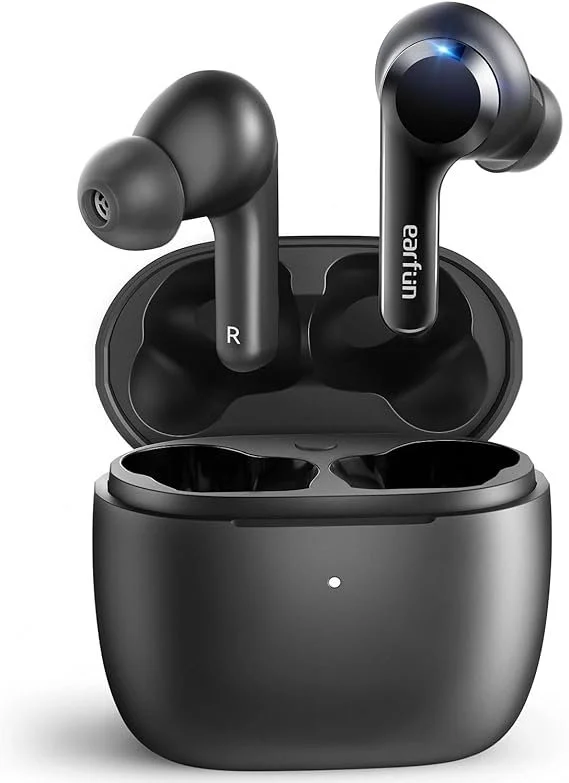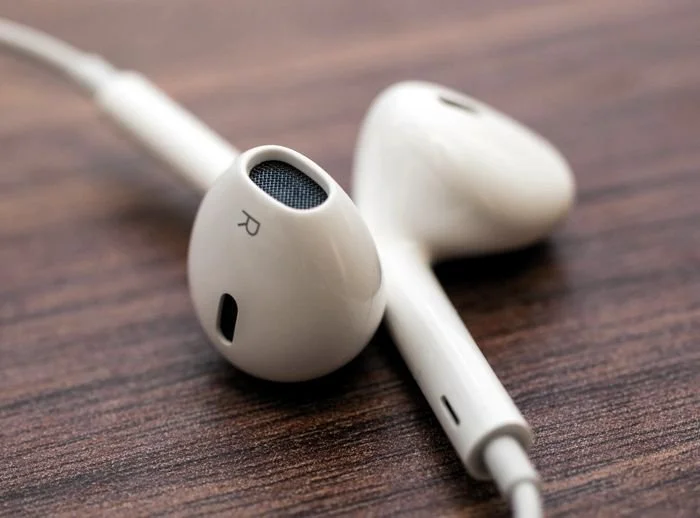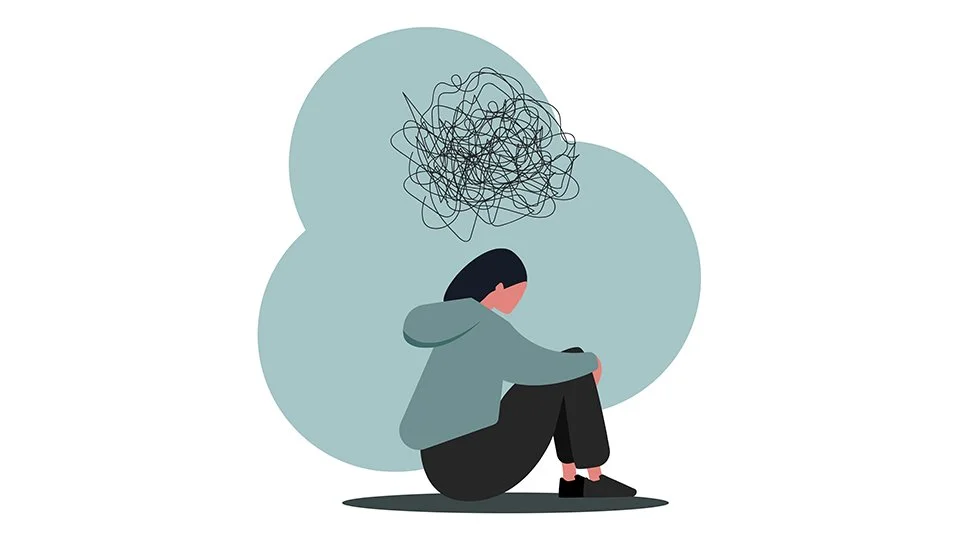How does headphones cause tinnitus?
Have you ever experienced a ringing or buzzing sound in your ears when there's no external source? If so, you might be familiar with tinnitus. Tinnitus is a condition characterized by perceiving noises like ringing, buzzing, clicking, or humming in one or both ears, with no external cause and no one else able to hear it.
The Symphonic Symphony of Tinnitus
Tinnitus manifests in various forms, from a persistent ringing to a rhythmic pulsing synchronized with your heartbeat, known as pulsatile tinnitus. The intensity of these phantom noises can range from a subtle background noise to an overwhelming distraction that interferes with concentration and external sound perception. For some, it's a constant companion, while for others, it comes and goes unpredictably.
Unveiling the Causes
What triggers this symphony of sound in your ears? Tinnitus can stem from diverse origins, such as age-related hearing loss, ear injuries, or issues with the circulatory system. Although it predominantly affects older adults, it can afflict anyone, regardless of age. Sometimes, it serves as a warning sign for underlying health conditions like high blood pressure, allergies, or anemia. In rare instances, it might even signal a more serious problem like a tumor or aneurysm.
Navigating the Soundscape: Treatment and Management
Managing tinnitus involves addressing its underlying cause whenever possible. Treatment options may vary, from addressing age-related hearing loss to reducing or masking the noise through therapies or devices. While some individuals find relief with treatment, others might require ongoing support to cope with the persistent noise.
Preventing the Discordant Notes
Although not all cases of tinnitus are preventable, adopting certain precautions can help mitigate the risk. Limiting exposure to loud noises, using hearing protection, and moderating volume levels when listening to music through headphones are simple yet effective ways to safeguard your auditory health.
When to Seek Harmony: Recognizing the Signs
Knowing when to seek medical attention is crucial. If you experience tinnitus accompanied by hearing loss, dizziness, or emotional distress, it's essential to consult a healthcare professional promptly. Additionally, if tinnitus persists after an upper respiratory infection or worsens over time, seeking medical advice can help identify any underlying issues.
Conclusion
Tinnitus may be an invisible symphony, but its impact on daily life can be profound. By understanding its causes, seeking appropriate treatment, and taking preventive measures, you can navigate the soundscape of tinnitus with greater ease. Remember, your auditory health is a melody worth preserving.












